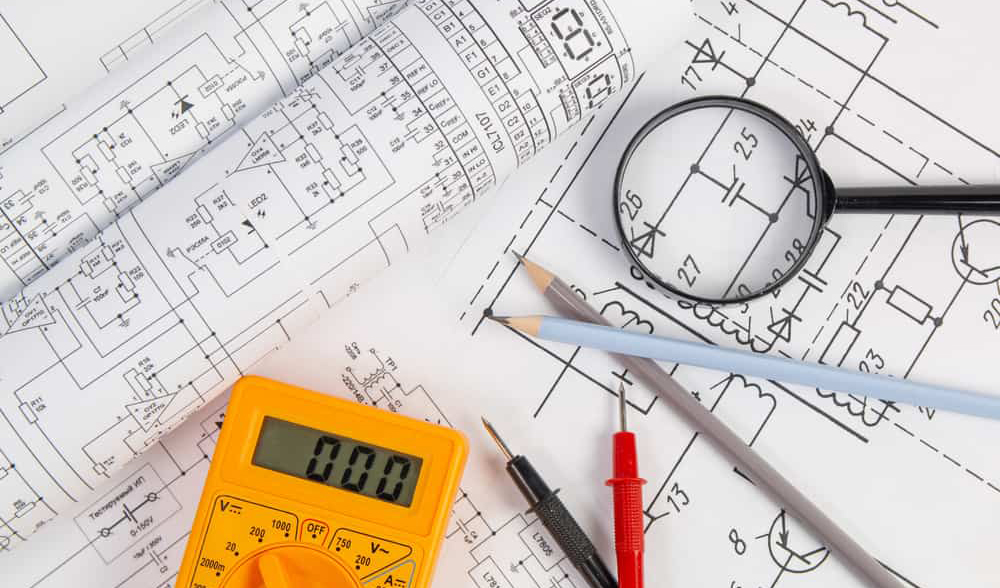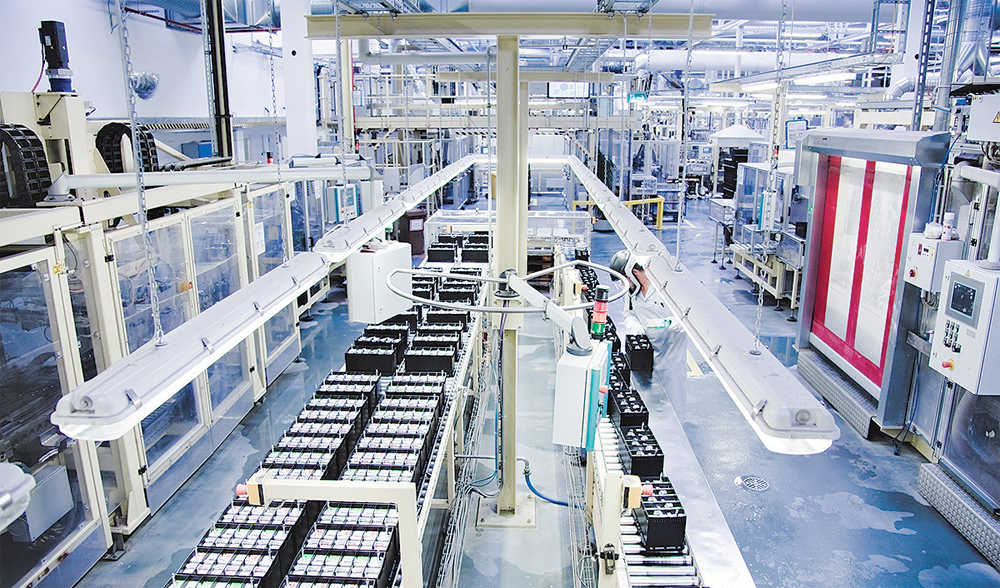The realm of manufacturing has undergone a significant transformation from the days of on-site production or outsourcing to third-party entities. The advent of custom manufacturing has introduced a revolutionary approach to production, addressing various challenges linked to traditional manufacturing practices. This article delves into the core essence of custom manufacturing, its stark differences from mass production, and the advantages it offers over conventional methods. Additionally, it explores the critical facets of selecting a custom manufacturer for a successful collaboration.
What Is Custom Manufacturing?
In the earlier industrial era, manufacturing grappled with inherent issues, eventually leading to a delicate equilibrium between internal production and external contracting. Custom manufacturing emerges as a crucial solution, especially when tailored components or made-to-order goods become imperative. Essentially, this methodology revolves around the engineering, design, and fabrication of products based on unique specifications. It encompasses built-to-order parts, one-off runs, short production runs, and mass customization. Entities engaging in this practice are often known as OEM companies (original equipment manufacturers). While commonly associated with automotive and IT sectors, the scope of OEM manufacturing extends far beyond these boundaries.

Custom Manufacturing vs. Mass Production
Contrary to the traditional notion of massive factories churning out identical parts, custom manufacturing diverges significantly from mass production. Mass production centers on utilizing substantial raw materials to swiftly manufacture large quantities of items. In contrast, custom manufacturing emphasizes streamlined processes, efficiently producing smaller batches of goods within shorter timeframes.
The distinction lies not only in the quantity of raw materials used but also in the diversity and uniqueness of the produced goods. Mass production operates on a larger scale, consuming more time, materials, labor, and space, whereas custom manufacturing, despite being smaller in scale, often proves to be more efficient.
Prototyping and Production
Custom manufacturing comprises two primary divisions: prototyping and production, both integral to the overall process. Prototyping, often referred to as “mock-up manufacturing,” holds substantial value in evaluating or modifying a part or component before integrating it into the final project. This phase aids in cost and time savings by preemptively addressing potential issues. On the other hand, production, also known as “serial production,” involves manufacturing products in larger quantities, typically for commercial purposes.
Advantages of Custom Manufacturing
While mass production and in-house manufacturing have their merits, the advantages of custom manufacturing far outweigh these conventional methods. Custom manufacturing excels in accommodating material variations, adapting to changing design requirements, and offering unique finishing options. It serves as an ideal solution for items that cannot be mass-produced due to their specific nature. Here’s why it stands out:
1. Tailored Products: Custom manufacturing allows extensive customization, ensuring precise specifications are met, ultimately enhancing the end product’s quality.
2. Enhanced Efficiency: OEM manufacturers deliver precise, high-quality products, reducing wastage and production failures, thus saving time and resources.
3. Unparalleled Accuracy: Prioritizing accuracy in size, shape, or material, custom manufacturing processes eliminate waste, ensuring uniformity among products.
4. Cost-effectiveness: Despite initial perceptions of higher costs, custom-made items are often more economical due to reduced waste and associated expenses.
5. Reduced Lead Times: Streamlined design processes and the absence of waiting periods for pre-made components result in shorter lead times.
6. Quality Control: Continuous monitoring ensures prompt identification and rectification of defects, maintaining stringent quality standards.
7. Design Flexibility: Custom manufacturing offers freedom in material and technology usage, enabling the creation of a wider range of innovative products.
8. Increased Sales and Customer Loyalty: Personalized offerings foster a sense of involvement in the purchase process, leading to higher customer retention and increased sales.
9. Scalability and Inventory Management: Starting small with custom manufacturing allows scalability without excess inventory, adapting to varying demands.

Choosing a Custom Manufacturer
Selecting the right manufacturer for a project is pivotal for success. Factors to consider include:
- Experience in the industry
- Testimonials and reputation
- Clarity and efficiency of their website
- Ease of communication
- Logistical support
Clearly defining goals and expectations at the outset is crucial for a productive partnership. Flexibility in adapting to changes during the customization process is vital, highlighting effective communication and trust in their expertise.
Identifying a Quality Manufacturer
Evaluating a potential manufacturer involves the following elements:
- Use of quality materials
- Transparency in business dealings
- Insight into product development
- Approach towards improvements and prototypes
- Customizability of their process
- Willingness to work with clients from start to finish
A reputable partner prioritizes quality control to ensure compliance with specifications and safety standards.
In Conclusion
Custom manufacturing stands as a cornerstone of modern production methodologies, offering precise, tailored products with enhanced efficiency and flexibility. The selection of the right manufacturer, based on clear communication, trust, and a shared vision, plays a crucial role in leveraging the myriad benefits custom manufacturing offers.
If your business is considering bulk purchases of Car Battery Chargers, eBike Scooter Chargers, DC-AC Power Inverters or Switching Power Supplies or you are seeking a reliable supplier, do not hesitate to Reach Out to Power1986 to explore potential cooperation opportunities.
